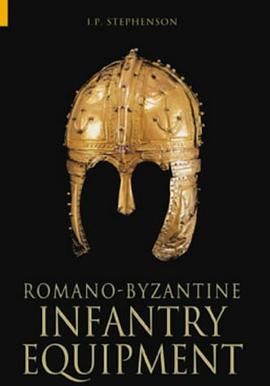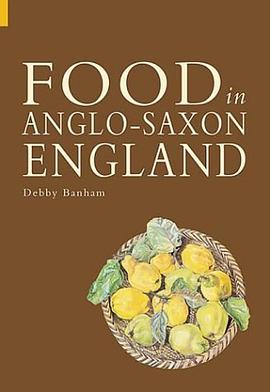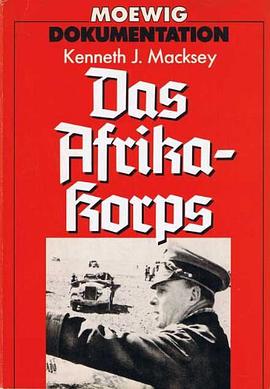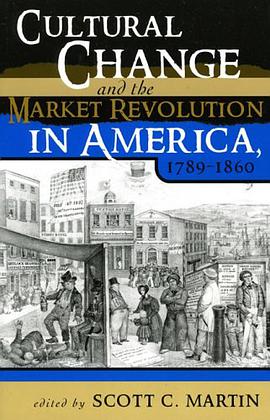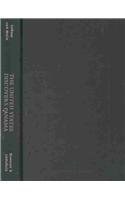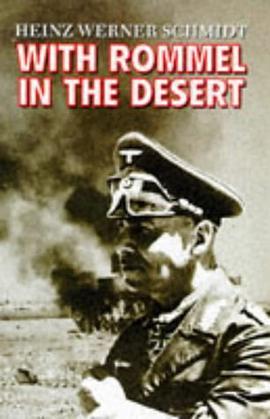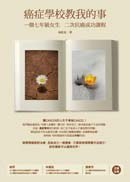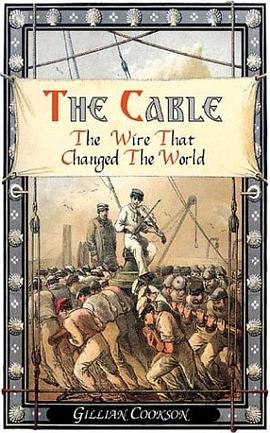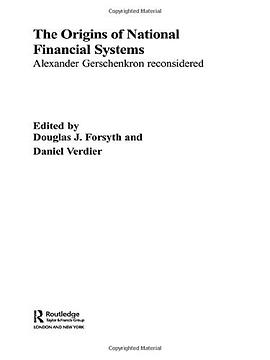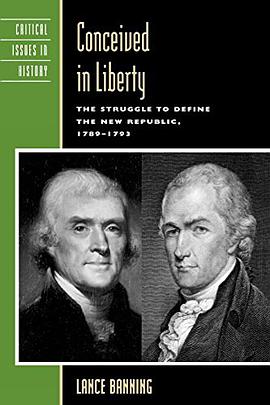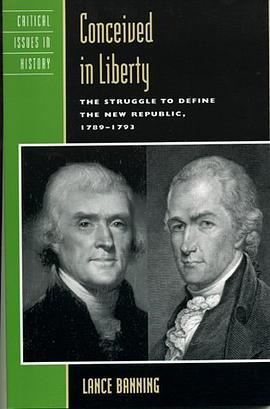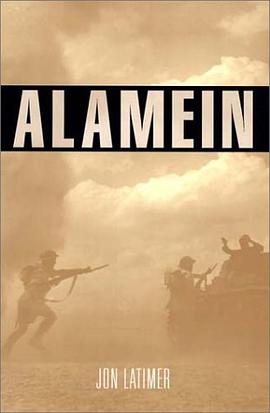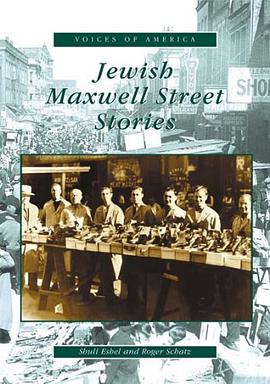
具体描述
More than Shakespeare, more than the invention of the railway, more than fair play, it was Empire which made Britain into Great Britain. By the early twentieth century, that Empire covered around a quarter of the earth's surface, and embraced more than a quarter of its inhabitants, a mass of over five hundred million people. From its maritime origins in exploration, plunder, trade and war to the scuttling of the Raj, the Empire was always shot through with paradox. In India, the Raj was the splendour of elephant processions and the gallantry of tiger shoots, just as Africa was the glory of mission Christianity and agricultural progress. British India was also the agony of famine, massacre and labouring misery, just as Africa was also slavery and land seizures. The Empire was both a triumphal cavalcade of governors and commissioners, and a sceptical tributary of humanitarians who believed in the emancipation of colonial peoples. It was always a challenging blend of greed and morality, intervention and callous neglect, liberal virtue and high-handed autocracy. At times, it was a source of strength and prestige, at times a burden and a dilemma. Untidy, even messy, Great Britain's Empire survived on its contradictions, to go down in history as the largest and greatest European empire of the modern era. This narrative account seeks to provide a balanced historical understanding of the extraordinary diversity of the British Empire, explaining its realities while avoiding either nostalgia or polemical condemnation. Written by an acclaimed South African historian raised under the discriminatory system of Apartheid (itself a vestige of European colonialism), this is a major new historical narrative of the British Empire from an entirely fresh perspective.
作者简介
目录信息
读后感
评分
评分
评分
评分
用户评价
相关图书
本站所有内容均为互联网搜索引擎提供的公开搜索信息,本站不存储任何数据与内容,任何内容与数据均与本站无关,如有需要请联系相关搜索引擎包括但不限于百度,google,bing,sogou 等
© 2025 qciss.net All Rights Reserved. 小哈图书下载中心 版权所有



